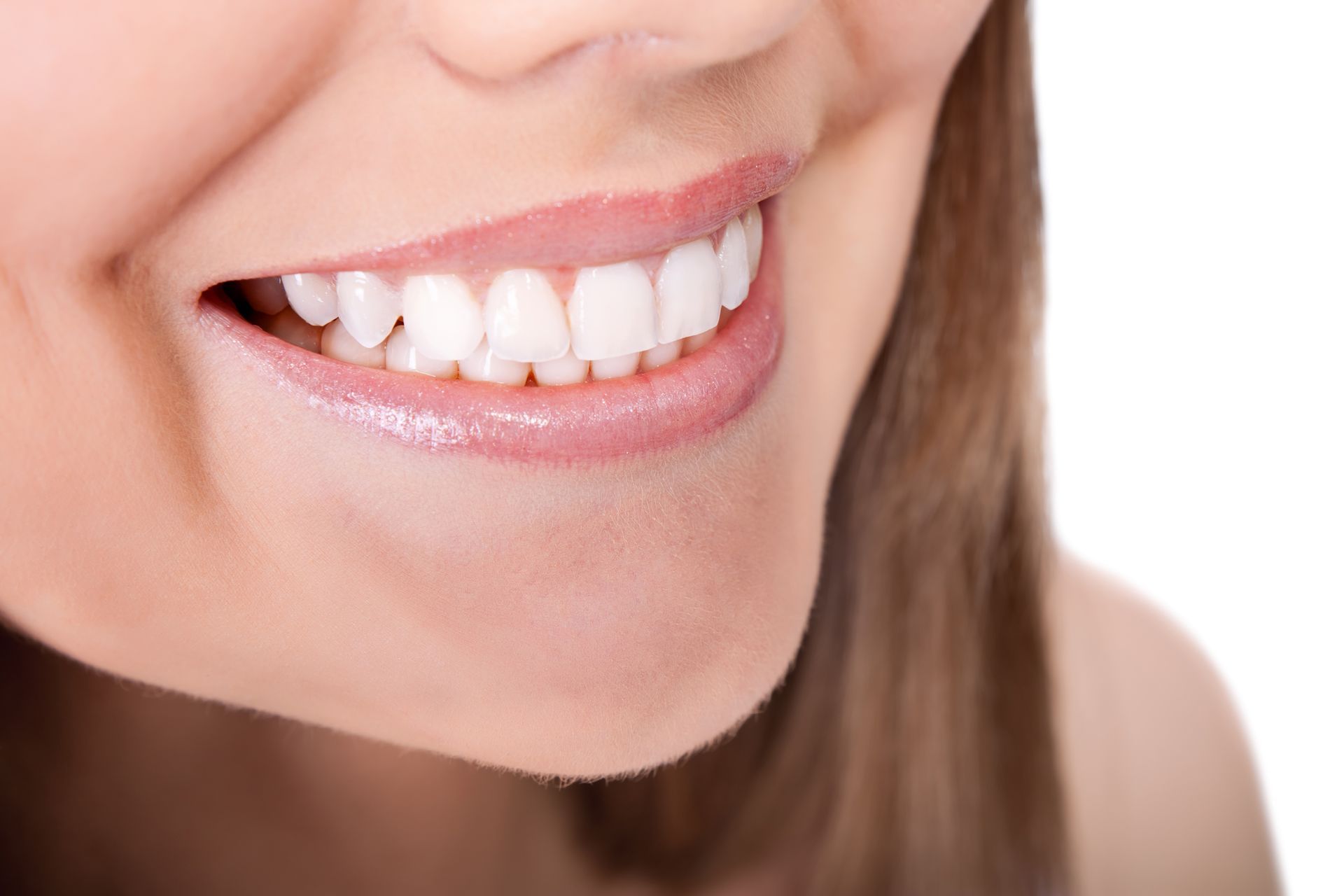(843) 216-0908
Teeth Replacement Options That Last
Dentures, Dental Bridges and Dental Implant Tooth Replacement Options
The challenge with dentures is that you must replace the entire arch, which could mean pulling healthy teeth. The set of artificial teeth is removable and secured to your gums with an adhesive. Once in place, you must avoid certain foods that can get caught in or under the arch and cause irritation or infections. You must also be careful when laughing, coughing, and even talking because the dentures can shift or even fall out, causing embarrassment.
Bridges are another popular option that has been in existence for centuries and are a standard solution for patients with missing teeth. When placing a bridge, Dr. Hogan will secure the new crown or artificial tooth to the adjoining teeth. The process creates a “bridge” that fills the gap and prevents your remaining teeth from shifting. Bridges can successfully replace up to four teeth.
They are more stable than dentures and do not require the removal of healthy teeth. However, the new tooth puts pressure on the adjoining teeth, which can wear them down, often resulting in more tooth loss.
Dental Implants are the newest technology used to replace missing teeth. They have the flexibility to replace a single tooth, multiple teeth, or an entire arch. In addition to replacing the tooth, dental implants address the missing root. The new post supports the jawbone stimulating growth and tissue regeneration, allowing your bone and tissue to remain healthy for years to come.
To create the artificial root, Dr. Hogan “implants” a titanium rod that acts like the tooth root providing a permanent and stable solution with the look and feel of your natural teeth. Dental implants are the only alternative that addresses the need for a root to support the jawbone.
As a result, dental implants serve an important role in maintaining your oral health and providing a permanent solution to missing teeth. They are the most hygienic alternative to natural teeth and have similar cleaning and care regimens like brushing and flossing daily and regular dental visits. Be sure to read more about the proper care and maintenance of dental implants.
If you are unsure whether a dental bridge or dental implants may be the best option for you, be sure to read the blog, Is It Better to Get a Dental Bridge or Dental Implants.
FAQs
- What is the alternative to dental implants?
Dental implants are one of the most popular options for replacing one or more missing teeth. In addition to implants, full or partial, fixed or removable bridges are a common treatment used to replace missing teeth between adjacent healthy teeth.
- Who should not get dental implants?
Dental implants involves a surgical procedure to place the implant post under general anesthesia. For this reason, people who have difficulty with general anesthesia, or those with blood clotting issues, a suppressed or compromised immune system, have issues healing, have cancer or uncontrolled diabetes may not be a suitable candidate for dental implants.
- Is 70 too old for dental implants?
No age is too old for dental implants, in fact, older people many times find greater benefits from dental implants like improved oral and physical health, improved facial aesthetics and greater confidence. Dental implants are equally effective and long-lasting when use din older patients.
- How long do teeth implants last?
A typical dental implant will easily last 25 years or more with good dental hygiene and proper care and maintenance. Maintaining dental implants is no different than caring for your natural teeth and require twice daily oral care and good hygiene practices. Failure to properly care for and maintain your dental implants can greatly shorten the expected life of your implants.
- What is the best age for dental implants?
Dental implants are an appropriate, permanent solution to missing that can last 25 years or more with proper care and maintenance. Since over half of individuals over the age of 65 have at least one missing tooth, dental implants are a popular solutions for older individuals wanting to replace one or more missing teeth, or replace a full arch of teeth with implant supported dentures.
The post Teeth Replacement Options That Last appeared first on Smiles by Hogan.
CONTACT
Information
Phone: (843) 216-0908
Address: 3405 Salterbeck St. STE 100
Mt. Pleasant, SC 29466
Email: office@smilesbyhogan.com
BUSINESS
Hours
- Monday
- -
- Tuesday
- -
- Wed - Thu
- -
- Friday
- -
- Sat - Sun
- Closed
















